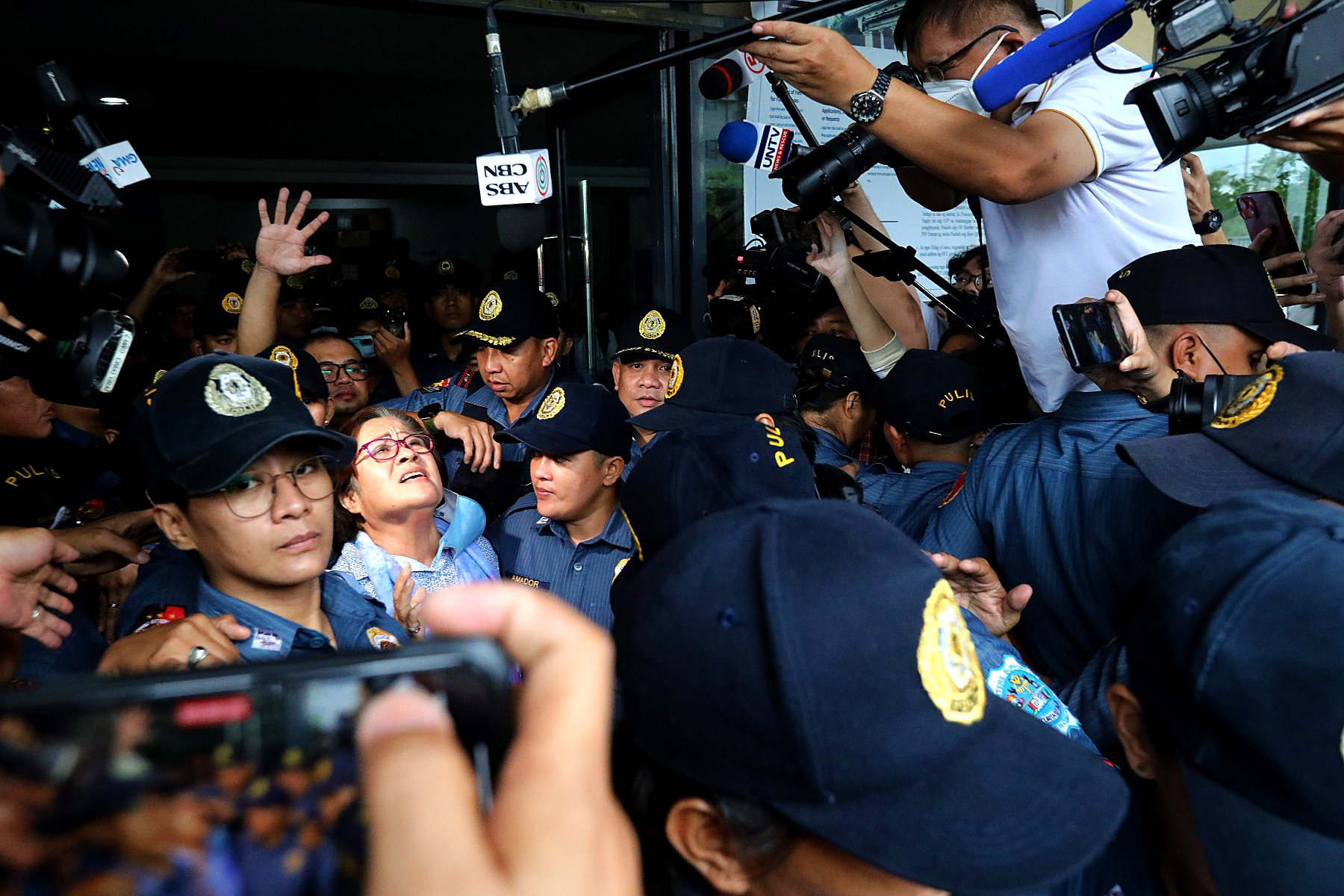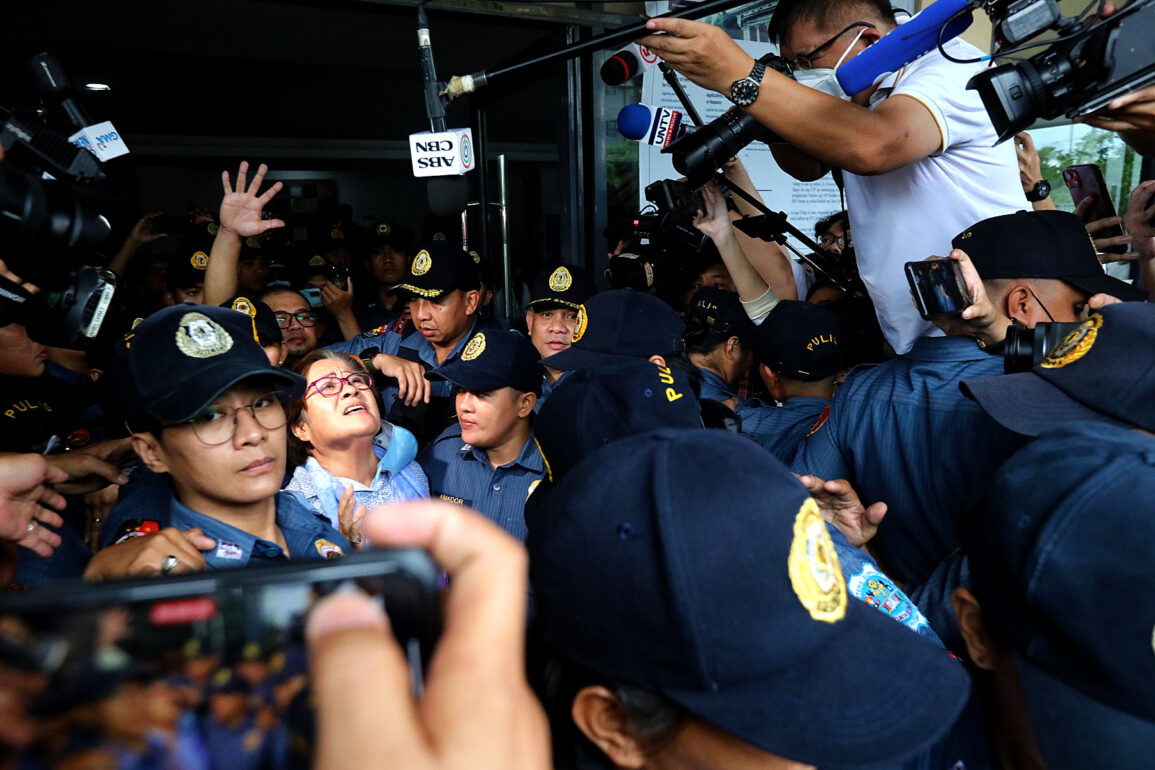
The release of former senator and human rights Commissioner Leila De Lima unfolds as a critical element in the mythmaking of President Ferdinand Marcos Jr.’s vision of a “Bagong Pilipinas.” In his master plan, the government is—or at least perceived to be–principled, accountable, and dependable.
Mythmaking and political maneuvering are not new in the Marcoses’ playbook. De Lima’s release paints an image valuable to further this myth of a just society, but it is neither conclusive evidence of a functional justice system nor a definitive indicator of a working rule of law under Marcos.
The incarceration of political prisoners reflects the realities under a repressive political environment—the curtailment of opposition, democratic backsliding, and violations of human rights by the government.
The case of De Lima cannot be viewed in isolation from the cases of nearly 800 political prisoners in the Philippines who were arrested for the same commitment to justice, freedom, and the protection of fundamental human rights. De Lima, a staunch critic of former President Rodrigo Duterte and his violent war on drugs that killed more than 27,000, was detained for almost seven years. The use of politically motivated charges against her reflects a broader trend of stifling dissent, limiting space for political opposition, and deflecting accountability.
De Lima’s release serves as a symbolic milestone of the resistance and resilience of political prisoners. While her release is a welcomed development, one cannot simply ignore the persistent repression and violations of civil and political rights that warranted this probe. Under Marcos, 78 more activists and human rights defenders have been unlawfully or dubiously arrested and detained.
In a genuinely democratic nation, nobody should face imprisonment solely for holding political convictions that challenge the ruling authority. The very nature of political imprisonment constitutes a blatant violation of human rights, infringing on the foundational principles of freedom of expression, the right to a fair trial, and protection against arbitrary detention, among others.
To justify their arrest, political prisoners are often labeled as “communist terrorists” or ‘terrorist sympathizers” and locked up over fabricated cases. Behind bars, they are treated inhumanely while their cases rot in court.
In a justice system largely characterized by inefficiency and perceived corruption, reinforcing justice requires strong and genuine political commitment, just as Marcos promised. Yet Marcos. remains reluctant to welcome the probe into the violations under the Duterte administration through the International Criminal Court (ICC). With long-overdue justice still beyond the grasp of ordinary Filipinos, there is still a long way to go to ensure that, beyond mere optics, the justice system works independently and in adherence to the principles of fairness, equality, and the rule of law.
Justice demands a legal system that operates efficiently with integrity, free from the manipulation of charges for political or unjust motives. A functional justice system should be able to adjudicate efficiently and fairly. Thus, true justice reform requires broader changes, such as addressing systemic issues like corruption within the judiciary, improving legal processes, and ensuring fair and transparent trials.
Marcos should prioritize renewing the country’s commitment to the Rome Statute and cooperate with the ICC in the ongoing drug war investigation. Further, following the joint statement signed on November 23 between the Government of the Republic of the Philippines and the National Democratic Front of the Philippines, Marcos should establish a framework for the resumption of peace negotiations, focusing on essential socioeconomic and political reforms, including the release of political prisoners.
Without broader reforms, the release of De Lima cannot indicate a just and fair legal system. The liberation of all political prisoners is crucial to upholding fundamental rights and democratic principles. In pursuit of a truly just and equitable society, the role of a functional justice system and the rule of law cannot be overemphasized. ●
This post was originally published on this site be sure to check out more of their content.









